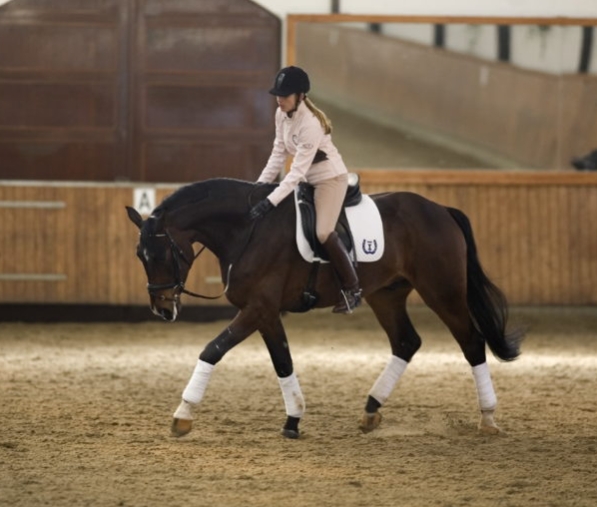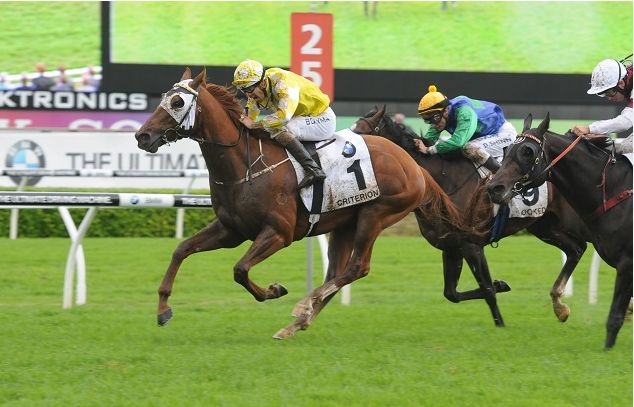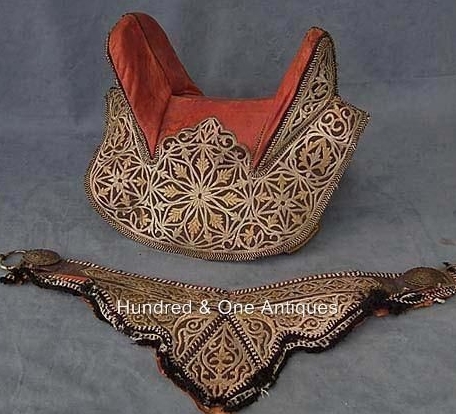Equestrian Deutsch: A Bridge Between Cultures and Skills in the Saddle
Equestrian sports have a rich heritage, particularly in German-speaking countries where traditions and techniques are well-preserved. Understanding Equestrian Deutsch, or German equestrian terminology, can be immensely beneficial for riders, trainers, and enthusiasts looking to deepen their knowledge or explore opportunities abroad. This article will delve into the importance of learning equestrian terminology in German and how it can enhance your riding experience.
The Importance of Equestrian Terminology
Mastering the language of equestrian sports in German opens doors to a wealth of resources, knowledge, and connections within the equestrian community. Many of the most respected riding schools, training programs, and competitions are based in Germany or use German standards. By learning specific terms related to riding techniques, horse care, and equipment, you’ll be better equipped to understand instructional materials, communicate effectively with trainers, and participate in discussions with fellow equestrians.
Key Vocabulary for Beginners
For those new to Equestrian Deutsch, starting with essential vocabulary can make a significant difference. Key terms often include basic riding instructions such as “vorwärts” (forward), “halten” (stop), and “absteigen” (dismount). Familiarizing yourself with names of specific gaits, such as “Schritt” (walk), “Trab” (trot), and “Galopp” (canter), not only enhances your comprehension but also helps establish a common language with trainers who may teach in German. Using flashcards or apps specially designed for equestrian terminology can make the learning process engaging and effective.
Cultural Insights and Riding Styles
Understanding Equestrian Deutsch also gives you insight into the cultural aspects of equestrianism in German-speaking regions. Germany is renowned for its classical dressage techniques, and many prestigious competitions, such as the CHIO Aachen, are steeped in history and tradition. By grasping German terms, you learn not just the language but also the philosophies and methodologies that underpin various riding styles. For example, expressions like “Achtung” (attention) are fundamental in dressage, emphasizing the importance of precision and connection between horse and rider. Exploring these cultural elements will enhance your appreciation and enjoyment of your own riding journey.
In Conclusion
Learning Equestrian Deutsch is a rewarding endeavor that can deepen your equestrian knowledge and enhance your riding experience. Whether you’re planning to train in Germany, want to communicate with diverse riding communities, or simply spark your interest in equestrian culture, the journey of mastering the language is both enriching and valuable. Take the next step by looking into resources like language courses, online tutorials, or equestrian clubs that offer German-speaking environments. Embrace the challenge and see where it takes you in the world of horses!



